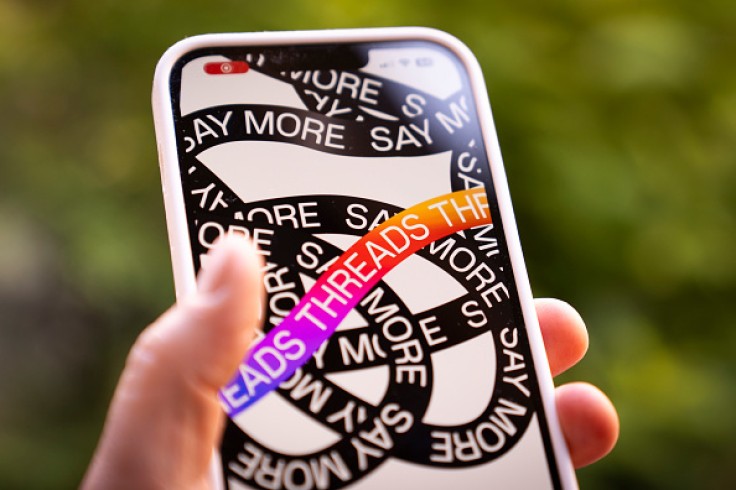News and politics have a way of making it to every social media site, and more often than not, different or opposing sides end up at each other's throats, and it's never pretty. With that in mind, Instagram head Adam Mosseri says these topics are not encouraged.

Threads Will Steer Clear of Serious Topics
So far, Threads has been flooding with more optimistic posts than negative ones, but that might just be coming from the newness of it all. The hope is that the atmosphere at Threads stays that way, and Instagram executives are leaning toward that direction.
The head of the photo-based app, Adam Mosseri, says that the new app is "not going to do anything to encourage" politics or hard news, as mentioned in The Verge, which is a good start at keeping the app peaceful instead of a troll's playground.
Mosseri says that negative aspects that come with politics and other serious news are not worth the "incremental engagement or revenue, adding how there are more than enough communities like sports, fashion, music, beauty, entertainment, and more.
This is not new for its parent company, Meta, as it has already taken steps to reduce the frequency of political content and news from showing up in users' Facebook newsfeeds. It has since removed its "News" tab to avoid conflict.
However, there's not enough moderation in the world to keep those kinds of content from showing up in the app. With every major political event, people are bound to share their thoughts on the social media platforms that they use.
Facebook has been known to be a conduit for fake news. Although it has already added features that allow users to flag fake content, it's still not enough as fabricated information can still be found on the app every now and then.
It's the Opposite of Twitter
Threads is similar to Twitter in a lot of significant ways, so much so that Elon Musk is threatening to sue the platform, accusing Meta of hiring former Twitter employees to help with the development of the Instagram-based app.
Twitter users have more freedom in what they want to share considering Elon Musk himself is encouraging "free speech," even being called an absolutist for it. This, however, was the start of Twitter's descent into what it is now.
Staying true to his advocacy, Musk revoked the suspension of accounts that were restricted due to posting content that violated Twitter rules. The most known returns were of Kanye West and Donald Trump, as reported by The Guardian.
With free speech, limitations are blurred if not erased, and Twitter saw a surge of tweets containing hateful, racist, and generally derogatory terms. This caused the exit of several big advertisers, which spelled trouble given that Twitter was majorly reliant on ad revenue.
Musk has taken measures to keep the company profitable such as launching Twitter Blue and its new API pricing. Evidently, those were not enough to make up for all the other decisions that the Tesla CEO made since Twitter's value is now reportedly only a third of its acquisition price.









